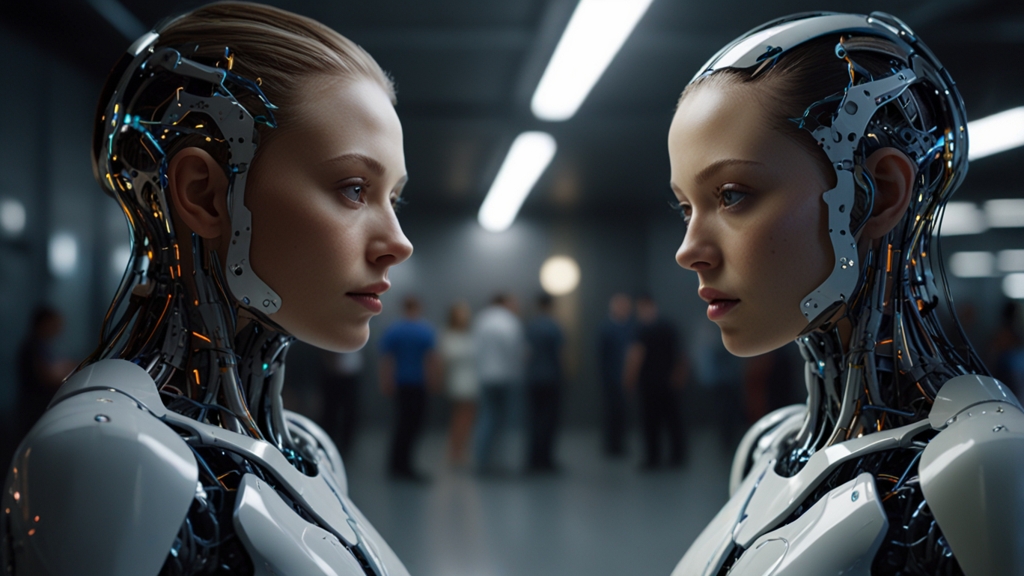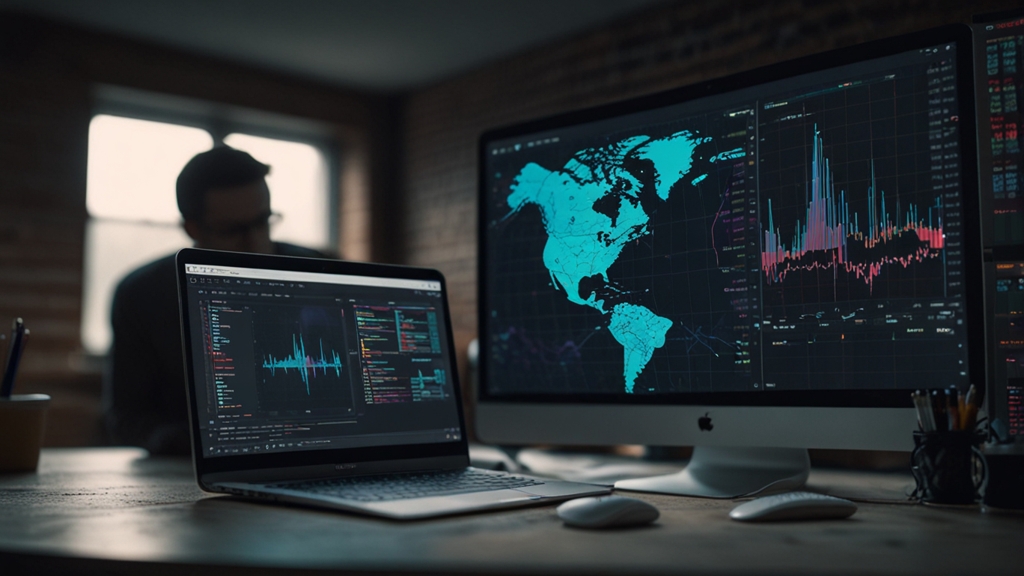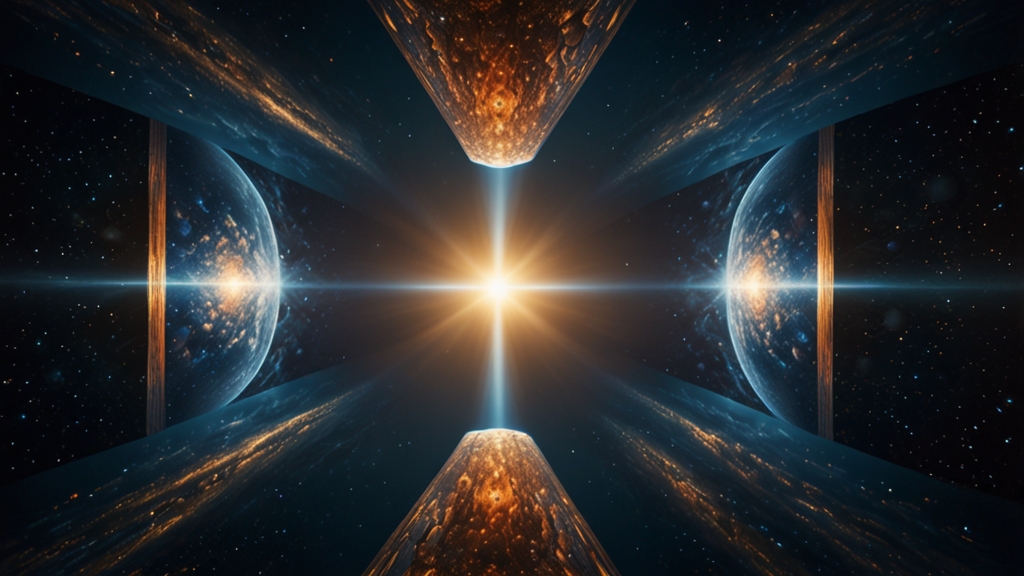The Battle for the Future: Humans vs AI
As we march deeper into the 21st century, a new battleground is emerging, one that pits human ingenuity against the multifaceted capabilities of artificial intelligence (AI). This confrontation, often framed as "Humans vs AI," is not a clash of swords but a struggle for dominance in a rapidly changing world. The question that looms large is whether AI will ultimately complement or eclipse human potential.
The Rise of Artificial Intelligence
AI, an umbrella term for machines programmed to mimic human cognitive functions, has proven to be both a boon and a bane. From self-driving cars to AI-driven healthcare diagnostics, artificial intelligence is reshaping industries at an unprecedented pace. According to a report by McKinsey & Company, AI could potentially deliver up to $13 trillion in additional global economic activity by 2030.
Advances in machine learning, deep learning, and natural language processing have made AI systems extraordinarily proficient in tasks that were once the exclusive domain of humans. AI can analyze vast amounts of data far quicker than any human, forecast market trends, and even create art and music, blurring the lines between human and machine capabilities.
"AI will be the best or worst thing ever for humanity," Elon Musk once said, highlighting the existential risks and opportunities posed by artificial intelligence.
Advantages of Collaboration
Many experts argue that the optimal future lies in symbiosis rather than rivalry. Humans and AI, when working together, can achieve outcomes greater than the sum of their parts. For instance, in the medical field, AI algorithms can assist doctors in diagnosing diseases with better accuracy and speed, while humans provide the empathy and nuanced decision-making that machines lack.
In the enterprise sector, AI can handle repetitive and data-intensive tasks, freeing up human employees for more creative and strategic roles. This synergy could lead to higher productivity, greater innovation, and improved job satisfaction.
Ethical Considerations and Challenges
However, the integration of AI into human society is not without its challenges. Ethical considerations like data privacy, algorithmic bias, and the potential for job displacement must be addressed. Companies and governments are increasingly adopting frameworks to ensure ethical AI deployment, but gaps remain.
Additionally, there is the fear of creating an all-too-powerful AI. The concept of Artificial General Intelligence (AGI), AI that surpasses human intelligence in all fields, raises philosophical and ethical questions about control and coexistence.
"The real question is, when will we draft an artificial intelligence bill of rights? What will that consist of? And who will get to decide that?" wondered Demis Hassabis, co-founder of DeepMind.
The Human Element
Despite the astounding advancements in AI, the human element remains irreplaceable. Creativity, emotional intelligence, ethical reasoning, and the capacity for abstract thought are traits that AI, as sophisticated as it may become, struggles to replicate fully. These qualities are central to what makes us human, and any future where AI plays a dominant role must take them into account.
Thus, education and ongoing learning are critical. As AI continues to evolve, so must our understanding and skills. Lifelong learning and adaptability will be key to ensuring humans remain valuable contributors in an AI-driven world.
The Path Forward
In conclusion, the battle for the future is not necessarily a zero-sum game where one side must prevail over the other. Instead, it can be a collaborative effort where both humans and AI bring their strengths to the table. A balanced approach, taking into consideration ethical guidelines, continuous learning, and symbiotic collaborations, could pave the way for a future where humanity thrives alongside AI.
Ultimately, the future of humans and AI is ours to shape. Whether AI becomes a benevolent partner or a formidable foe will depend largely on the choices we make today.










